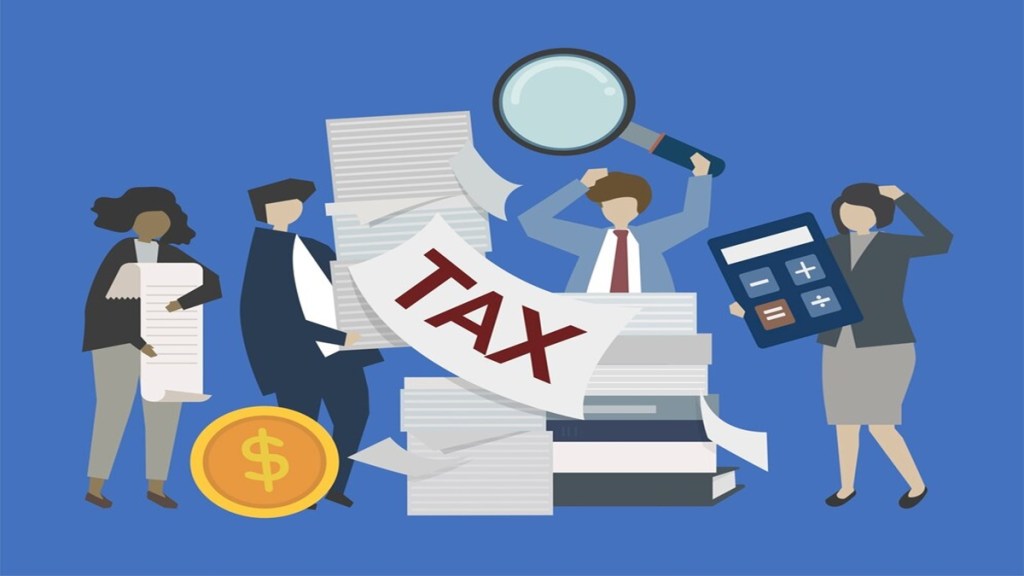By Neeraj Agarwala
The tax deductions under Chapter VI-A, which includes investments, health insurance premium and donations, have increasingly come under the income tax department’s scanner due to allegations of inflated claims, fictitious documentation, and misuse.
The fallout is tax notices and system-generated nudges, telling taxpayers to either voluntarily revise their claims or furnish supporting documentation. In this context, it’s essential to understand what triggers scrutiny and how to claim deductions safely and correctly:
Several taxpayers who had made donations to certain political parties under section 80GGC were issued notices when discrepancies were discovered in transaction patterns of those parties.
Old vs new regime
Before planning deductions, compare your tax liability under both the tax regimes. For instance, one with a taxable income of Rs 50 lakh under the new regime may pay Rs 12 lakh in taxes, whereas under the old regime (with deductions), one with Rs 48 lakh taxable income could pay Rs 13 lakh. This analysis should be the starting point to decide whether to claim Chapter VI-A deductions.
Proportionate claims
Deductions should be reasonable in relation to your disposable income. If someone with Rs 8 lakh taxable income claims deductions upwards of Rs 3 lakh (i.e., more than one-third of income), it may raise red flags with the department’s automated systems. Disproportionate claims are a common trigger for scrutiny.
Verifying exempt institutions
Taxpayers rely on intermediaries—such as banks, insurers, or agents—when making tax-saving investments. While they provide accurate information for deductions, extra caution is warranted when claiming donations under sections 80G or 80GGC. Verify that the institution is approved and registered with the Income Tax Department. A list of eligible exempted institutions is available under the “Tax Utilities” tab of the income tax departments website.
Enhanced reporting requirements
For AY 2025-26, the Income Tax Return (ITR) forms have introduced more granular reporting requirements. For example, claims under 80C and 80E now require disclosure of investment details along with document reference numbers. These changes reflect the department’s push for increased transparency.
Payment trail is crucial
In scrutiny cases, providing a receipt for a donation or investment may not suffice. The I-T department will check your bank statements. Therefore, all eligible payments should be routed through traceable bank channels to establish an auditable trail.
Salaried taxpayers who bypass their employer’s Form 16 disclosures and directly claim deductions are at higher risk of being questioned. Claims made to little-known institutions or newly registered political parties are often cross-checked.
The writer is partner, Nangia & Company. Inputs from Neetu Brahma.
Disclaimer: Views expressed are personal and do not reflect the official position or policy of FinancialExpress.com. Reproducing this content without permission is prohibited.


